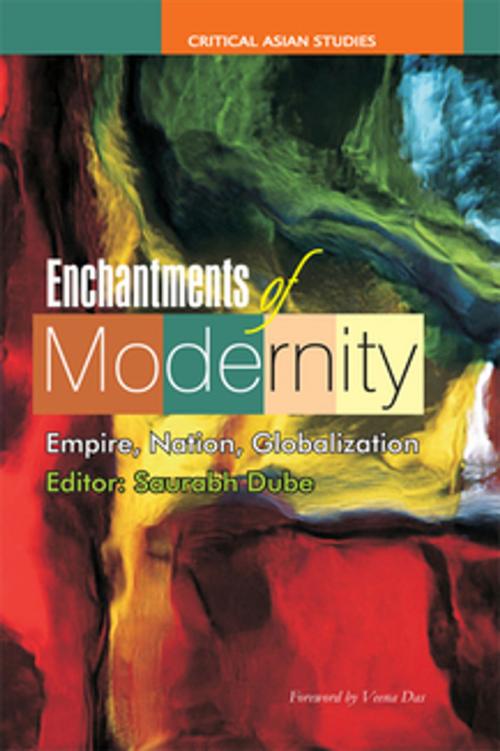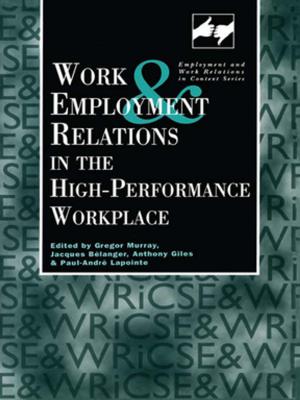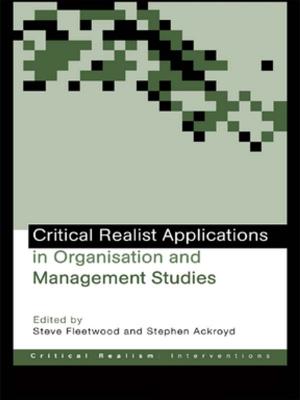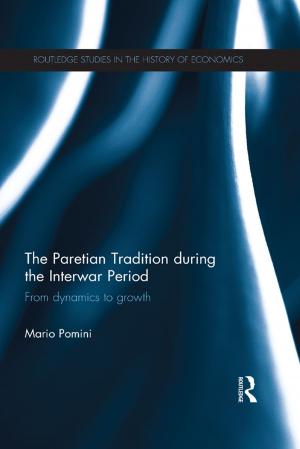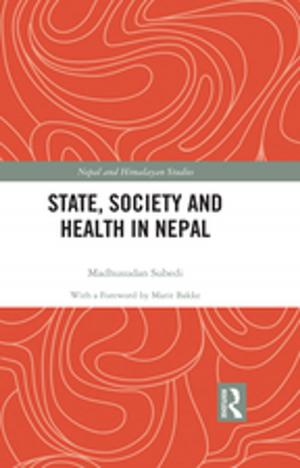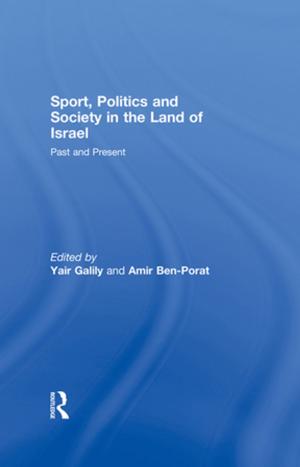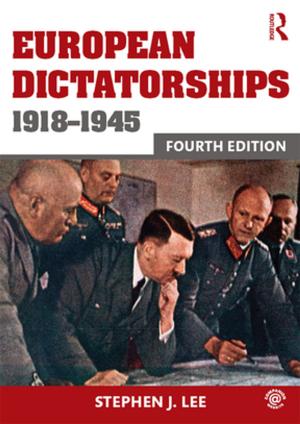Enchantments of Modernity
Empire, Nation, Globalization
Nonfiction, History, Asian, Asia, Social & Cultural Studies, Social Science, Cultural Studies, Ethnic Studies, Political Science, Politics, History & Theory| Author: | Saurabh Dube | ISBN: | 9781136516894 |
| Publisher: | Taylor and Francis | Publication: | April 27, 2012 |
| Imprint: | Routledge India | Language: | English |
| Author: | Saurabh Dube |
| ISBN: | 9781136516894 |
| Publisher: | Taylor and Francis |
| Publication: | April 27, 2012 |
| Imprint: | Routledge India |
| Language: | English |
The notion of modernity hinges on a break with the past, such as superstitions, medieval worlds, and hierarchical traditions. It follows that modernity suggests the disenchantment of the world, yet the processes of modernity also create their own enchantments in the mapping and making of the modern world. Straddling a range of disciplines and perspectives, the essays in this edited volume eschew programmatic solutions, focusing instead in new ways on subjects of slavery and memory, global transformations and vernacular and vernacular modernity, imperial imperatives and nationalist knowledge, cosmopolitan politics and liberal democracy, and governmental effects and everyday affects. It is in these ways that the volume attempts to unravel the enchantments of modernity, in order to approach anew modernity's constitutive terms, formative limits, and particular possibilities.
The notion of modernity hinges on a break with the past, such as superstitions, medieval worlds, and hierarchical traditions. It follows that modernity suggests the disenchantment of the world, yet the processes of modernity also create their own enchantments in the mapping and making of the modern world. Straddling a range of disciplines and perspectives, the essays in this edited volume eschew programmatic solutions, focusing instead in new ways on subjects of slavery and memory, global transformations and vernacular and vernacular modernity, imperial imperatives and nationalist knowledge, cosmopolitan politics and liberal democracy, and governmental effects and everyday affects. It is in these ways that the volume attempts to unravel the enchantments of modernity, in order to approach anew modernity's constitutive terms, formative limits, and particular possibilities.
